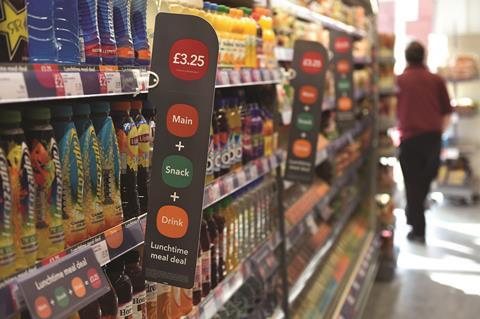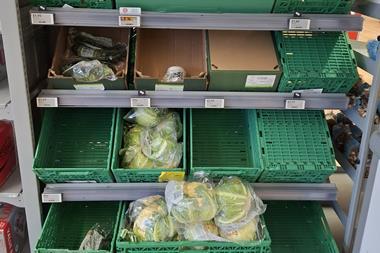
Cast your mind back to June 2018, when those working in public health awaited the release of a much-anticipated publication. A sequel had not been this eagerly awaited since Harry Potter and the Chamber of Secrets.
Chapter two of the Childhood Obesity Plan was finally published by the government. Newspapers featured the usual headlines about ‘supermarkets targeted’ and ‘nanny state policies’. The announcement of the consultation to restrict price and location promotions of products high in fat, sugar and salt (HFSS) in January 2019 was one such proposal – which included banning sweets at checkouts. But didn’t we tackle that years ago?
Supermarkets have been making progress with voluntary action predating 2013. Two years after the consultation, the government concluded that restrictions should apply to product categories that are significant contributors to children’s sugar and calorie intakes and are heavily promoted. That’s fair enough, but these restrictions need to go much further to capture all food and drink that impacts health, including salty foods. While these categories don’t seem broad enough, lobbying against them, by certain sectors of the food industry, has already begun in earnest.
Restrictions will only apply to businesses having 50 or more employees. Without giving it too much thought, you can see this excludes a vast array of businesses, including kiosks and convenience stores, which are frequented by schoolchildren and those living in food deserts. We may be sick of hearing the term, but we must have a ‘level playing field’ to set us up for success.
This policy excludes all types of meal deals, despite Action on Sugar research finding certain lunchtime meal deals can contain 30 teaspoons of sugar. Bargain price ‘sharing’ bags of chocolate are also excluded, and yet they can contain up to 29 teaspoons of sugar. The list goes on – loyalty card promotions, temporary price cuts, unlimited ice cream or desserts: all excluded.
Manufacturers have (and have always had) an opportunity to improve the nutritional quality of the food and drink they sell and, for many, these new policies are ‘business as usual’. But this is a public health emergency and everyone should be playing their part: this should be their priority. We have one of the highest obesity rates and the highest death toll from Covid-19 in Europe, and more needs to be done to stop the flood of unhealthy commodities into our food system.
We need to come out the other side of this pandemic with a fresh outlook, and not simply go back to the old ways of heavily promoted, excessive portions of food that do nothing for our health. It was only six months ago that our prime minister was promising big action to support the nation, to live healthier lives and protect the NHS. For a healthy, resilient population we need comprehensive future-proof policies that identify and address loopholes and provide support to those that really need it.



















No comments yet